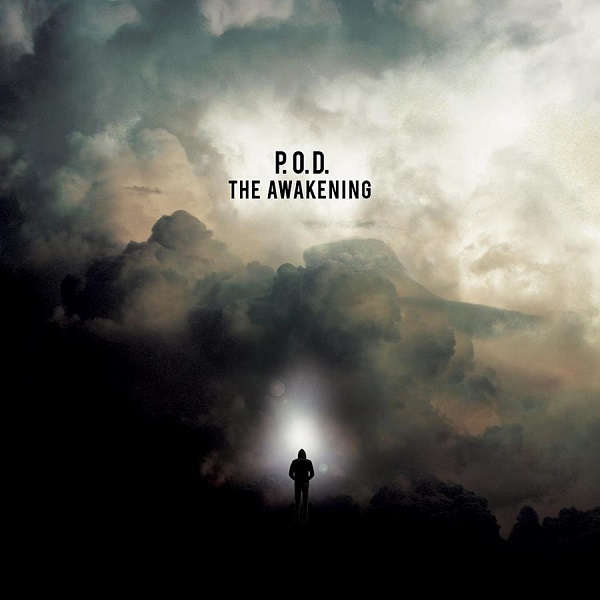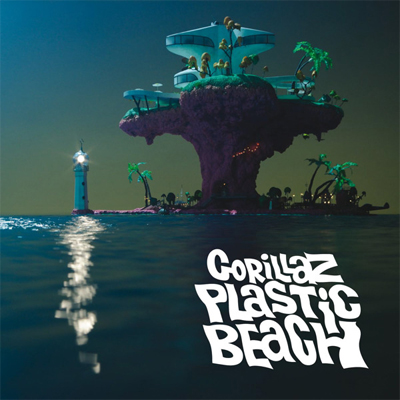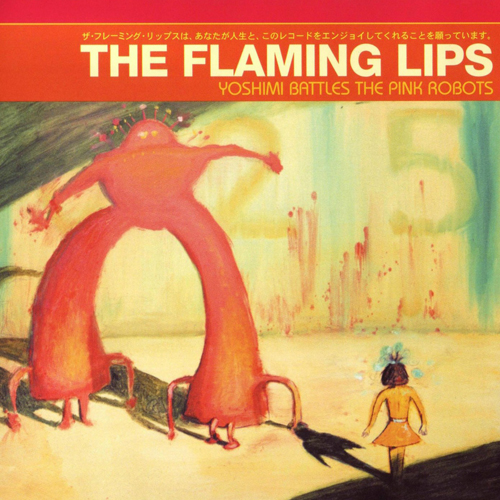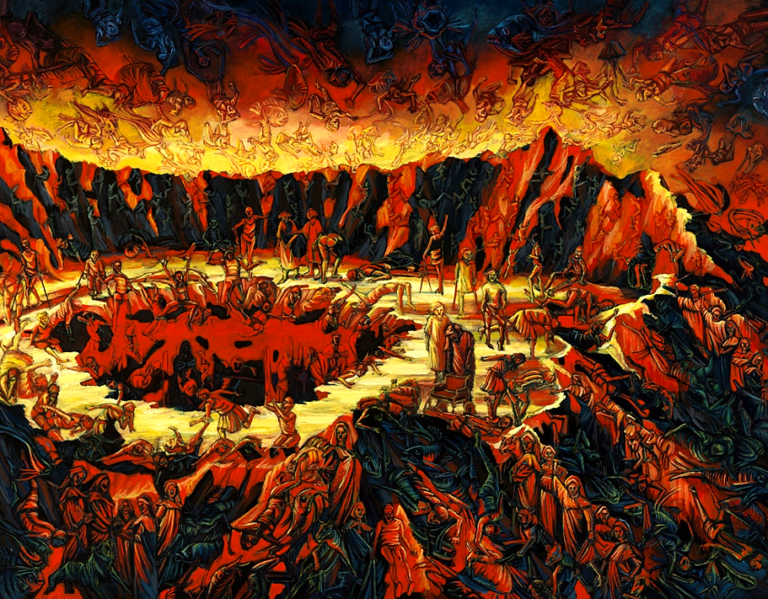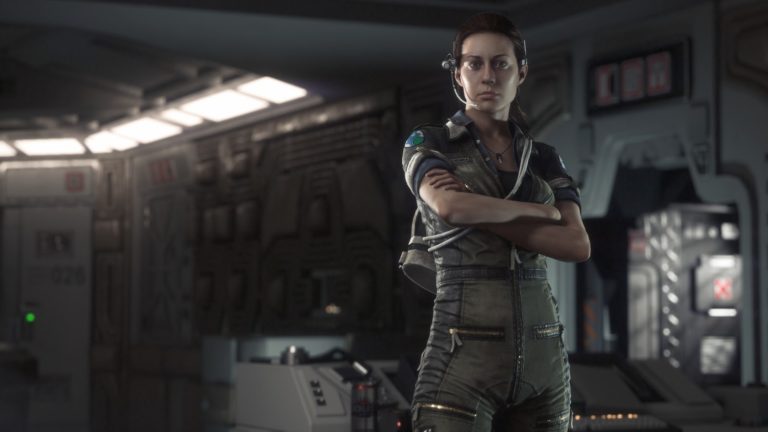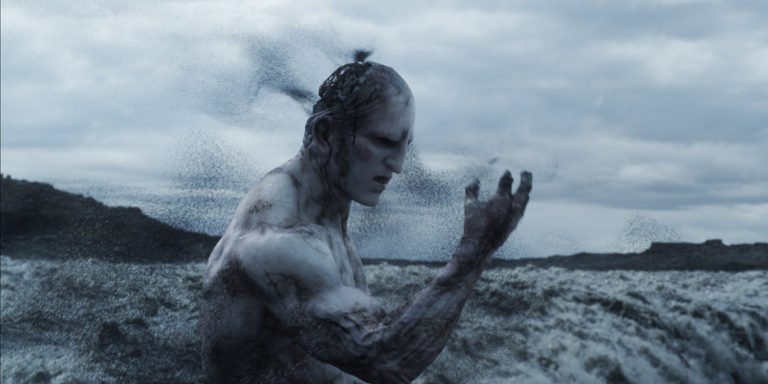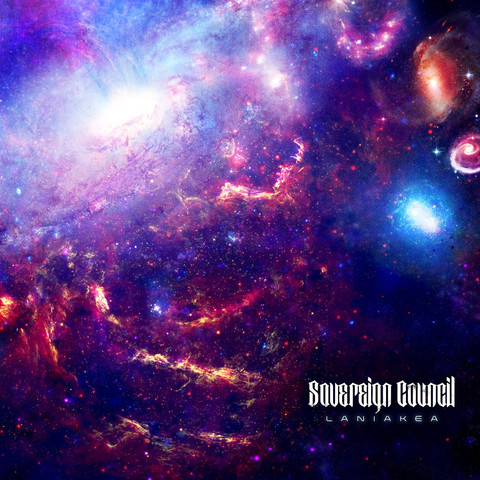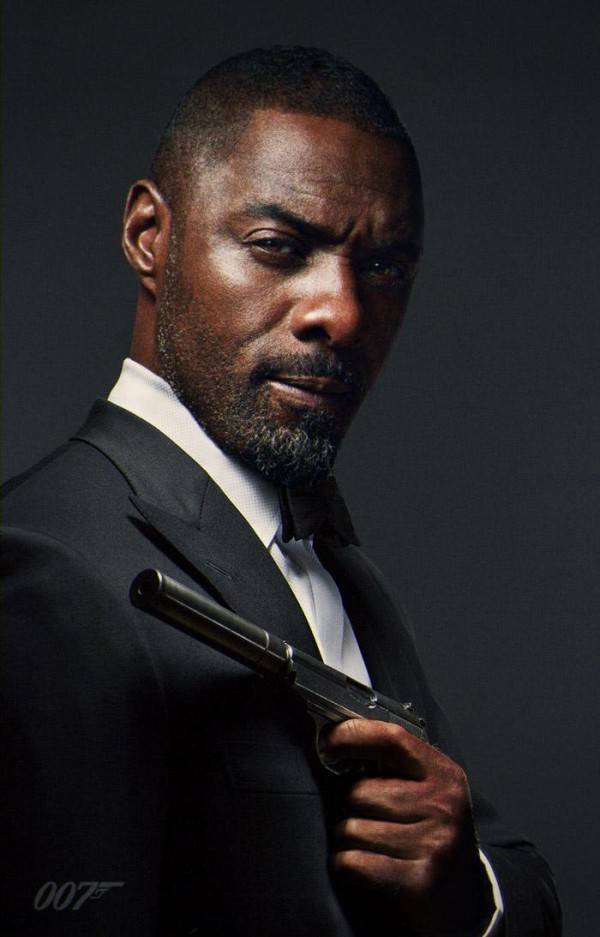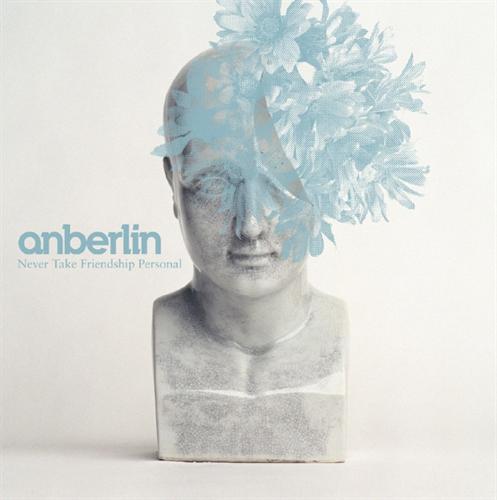Election period is coming around in Canada once again, and I’m not sure which irritates me more:...
Year: 2015
First up this week we have “Am I Awake?” by P.O.D. from The Awakening. While I was...
Whatculture recently published an article by Jack Pooley purporting to cover 12 sexist movie scenes which prove...
To kick things off this week, I have some music news. I have been getting spoiled in...
Sorry that I missed last week’s playlist update with basically no warning, the last couple weeks have...
Although it seems to have cooled off slightly in the last couple years, western culture seems to...
(NOTE: I’m going to be super busy this week so I’m going to hold off from updating...
So in the past week, there has been quite a bit of excitement after the discovery of...
So I’m trying something a little different this week and going with a bit of a loose...
So I was very excited the other day when I saw that my copy of Laniakea by Sovereign...
Way back in my very first post on this blog, I wrote up a short article about...
EDIT: Well shit… I just noticed that this has been up here for 2 months now and...
All the fuss about the Confederate flag seems to have been getting peoples’ noses out of joint....
You’ve probably noticed that my writing output has dropped somewhat lately. Honestly, this is partially due to...

